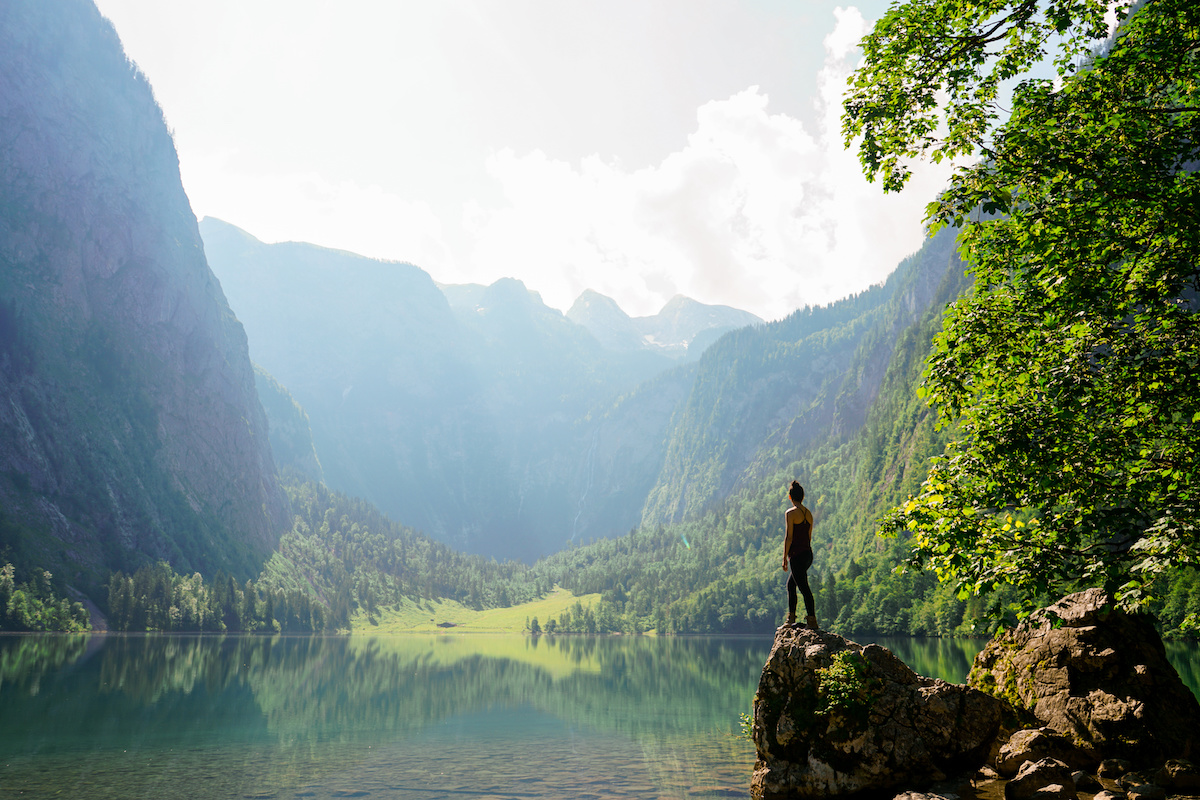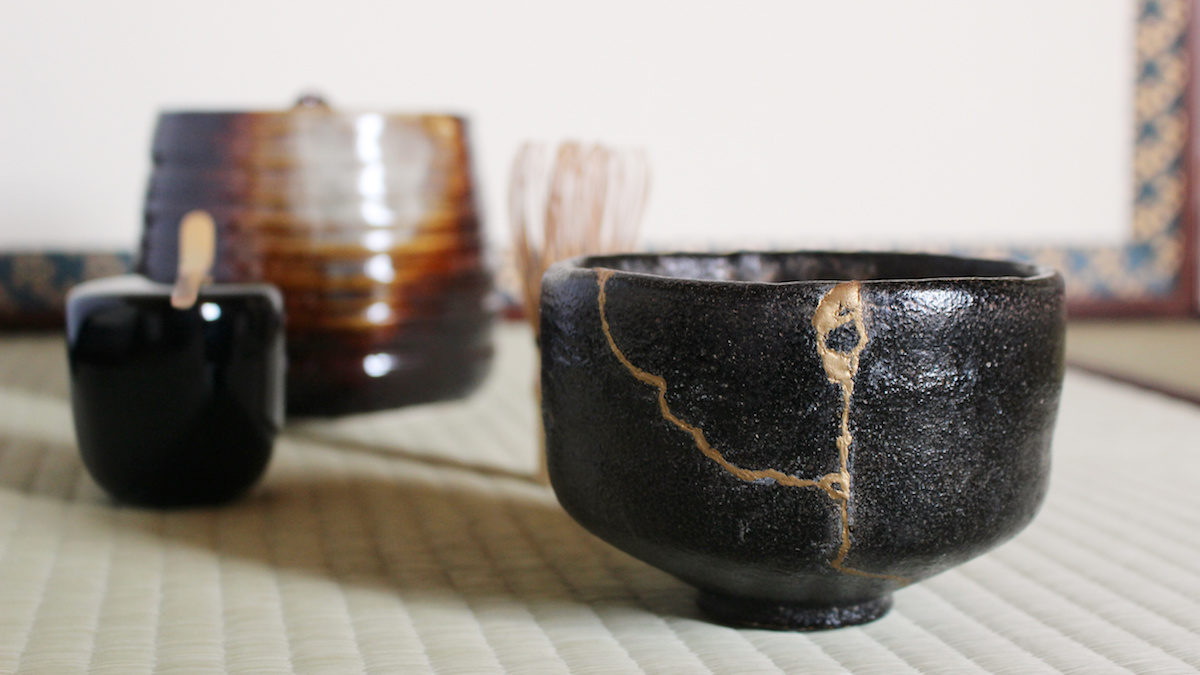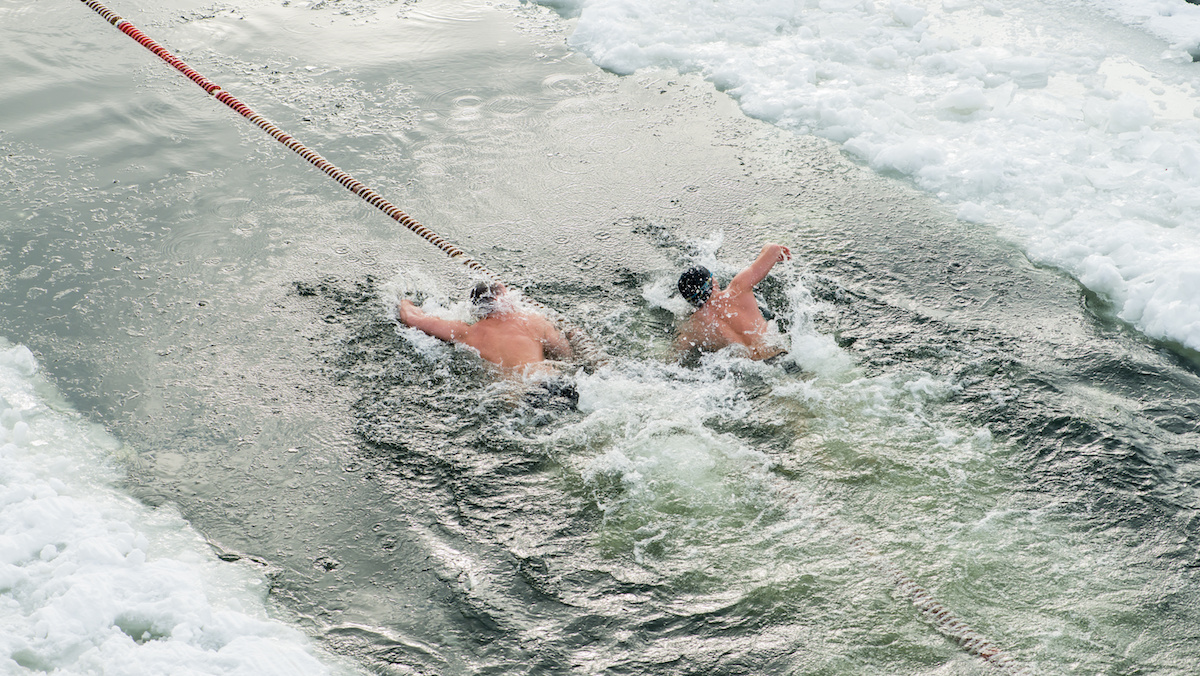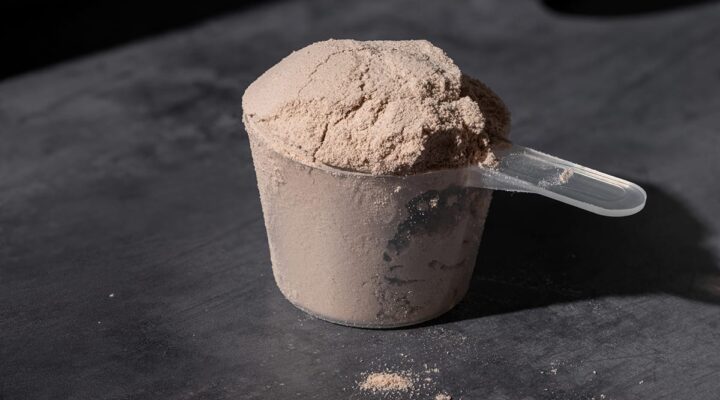Searching for the Next Hygge? Here Are 5 More Global Philosophies To Live Your Life by

We could all do with a little inspiration now and again to help us live a calmer and more mindful life. And sometimes you have to go searching for that inspiration, further than your local yoga class at least. That’s where learning from other cultures around the world can come in useful.
Many global languages have words that just can’t be translated and are intrinsic to their culture and identity. Take the Danish word hygge—summing up the feeling of cosy contentment, especially during cold, winter nights—which has become somewhat of a worldwide obsession, or the more recent Niksen, the Dutch art of doing absolutely nothing.
From Japan’s philosophy of embracing the imperfect, wabi-sabi, to Finland’s sisu, meaning grit or perseverance, we’ve picked out five more global life lessons for inner happiness.
Wabi-sabi – Japan
If you ever feel the pressure to be perfect, whether it’s mastering your work-life balance, keeping up with the latest trends, or staying on top of your to-do list, then you can learn a little from the Japanese and their philosophy of wabi-sabi.
Although it’s hard to define, it’s all about embracing imperfection rather than looking at it in a negative light, appreciating each one’s own unique beauty and once embraced, realising that nothing is permanent.
This can be seen literally in the historic Japanese artistic tradition of kintsugi — dating back to the 15th century — in which broken pottery is mended with liquid gold, creating something even more unique and beautiful.

Friluftsliv – Norway
For Norwegians, being outside around nature isn’t just a physical activity, it’s a way of life. Whether they’re hiking, fishing, cross-country skiing or simply walking the dog, friluftsliv — ‘outdoor life’— is a commitment to celebrate time outside, whatever the season or weather forecast.
Intrinsically part of their national identity, the term was first coined by Norwegian playwright Henrik Ibsen in the 1850s, who used the term to describe the value of spending time in remote locations for spiritual and physical wellbeing. It’s backed by science too: being present in nature is proven to lower stress, improve your mood and boost your physical health and wellbeing.
It no doubt explains why Norway continues to top the world’s happiest countries in the UN’s World Happiness Report. So if lockdown is getting you down, take a note out of Norway’s book and bathe yourself in the great outdoors.
Sisu – Finland
We all know the Finns are a hardy bunch and there’s even a word for it: sisu. There’s no fixed definition, but according to author Joanna Nylund, who wrote a book all about it — Sisu: The Finnish Art of Courage — it’s essentially an action-oriented mindset.
Linguistically speaking, the concept of sisu goes back 500 years or more and can mean “stoic determination, hardiness, courage, bravery, willpower, tenacity and resilience.”
It can refer to any part of life, whether it’s overcoming challenging moments, acting with integrity and fighting for what you believe in or, rather more literally, working up the guts to jump into an ice-cold lake after a sauna — another big part of Finnish culture.

Fika – Sweden
If you’re finding it hard to switch off and taken to doom-scrolling on Twitter in your supposed downtime, be more Swede and fika. An untranslatable word which can be used as both a noun or a verb, fika essentially means to meet up with friends for a chit-chat over coffee.
And don’t let lockdown put you off, you can still make yourself a treat (banana bread anyone?) and FaceTime a pal. Fika can be done any time of the day, at home or in a cafe; the important thing is to make time for it.
An essential part of Swedish culture, the word originated from the 19th century word kaffi (coffee) – which then became fika after a shuffling of letters. The essentials are good Scandi coffee, tasty sweet treats like cinnamon buns or Sweden’s national cake, prinsesstårta, and not a single email in sight (read professor Cal Newport’s research on how email wrecked our brains if you need any more convincing).
Wu Wei – China
Sometimes the most powerful thing you can do is nothing. Not to be confused as laziness or apathy, the Taoist concept of wu wei is all about ‘effortless action’: trusting the ebbs and flows of life and finding happiness in the unexpected. Put into layman’s terms, it’s all about ‘going with the flow’.
When we put our ego and plans aside, it invites us to respond to the true demands of situations. According to The School of Life, many poets from China’s Tang dynasty likened wu wei to the best aspects of being drunk. They weren’t promoting getting drunk, more the “decline in rigidity and anxiety that sometimes comes with being a little drunk”.
Another metaphor is water. It might be seen as ‘weak’, but through gentle persistence, obstacles can be eroded and worked around. In a year where many people’s plans have been upended thanks to the pandemic, a little bit of wu wei thinking can provide some welcome comfort.


















